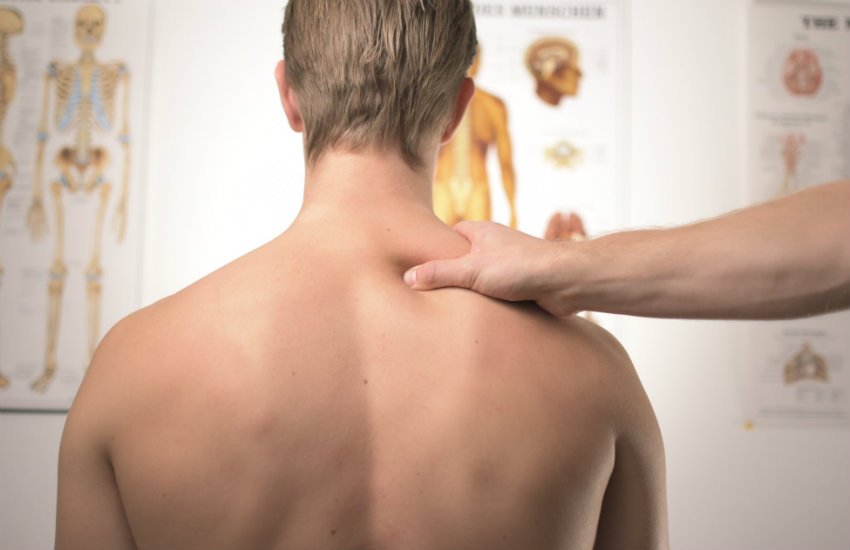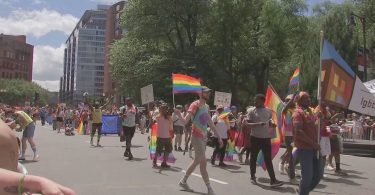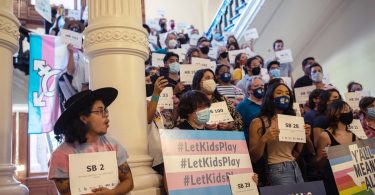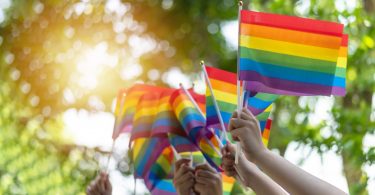Gay cure therapy is a cruel practice | Photo: Unsplash/Jesper Aggergaar
The UK government will finally ban ‘gay cure’ therapy and proposed other pledges in the LGBT action plan.
Published by the Equalities Office today (3 July), the dangerous practice of ‘conversion therapy’ will be stopped in Britain.
The proposal was part of a series of 30-page pledges, including on how to improve police response to LGBTI hate crime.
Other suggestions include more support for LGBTI students and teachers and improvements to gender identity services.
However, the UK government will only give an in initial £4.5 million in funding.
Is the LGBT action plan good enough?
Other activists say that it does not cover protections to LGBTI asylum seekers. It also gives no likelihood to what will happen after Brexit.
Over 100,000 people responded to the survey which ran from July to October last year.
They found:
- 68% said they had avoided holding hands in public with a same-sex partner
- 70% said they had at times not been open about their sexual orientation
- Transgender respondents had very low scores of life satisfaction (5.4) compared to the rest of the UK (7.7)
- 5% of respondents had been offered so called ‘conversion’ or ‘reparative’ therapy to cure them of being LGBT. A further 2% had undergone it.
- 19% of respondents with a job had not been open about their sexual orientation or gender identity with any of their colleagues.
Prime Minister U-turns on ‘gay cure’ therapy
Prime Minister Theresa May has previously said she would not go ahead with plans to ban ‘gay cure’ therapy.
But in response to the action plan, she said: ‘I was struck by just how many respondents said they cannot be open about their sexual orientation or avoid holding hands with their partner in public for fear of a negative reaction.
‘No one should ever have to hide who they are or who they love. [The plan will] set out concrete steps to deliver real and lasting change across society.’
Penny Mordaunt, the minister for women and equalities, said: ‘Our action plan is a step towards everyone, regardless of their sexual orientation, gender identity or sex characteristics, being able to live safe, happy and healthy lives where they can be themselves without fear of discrimination.’







